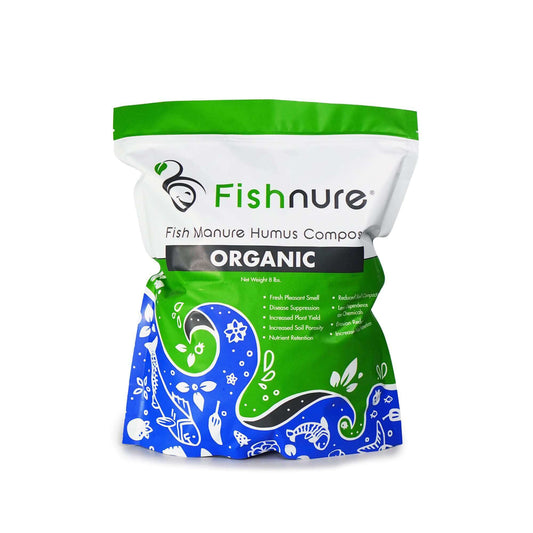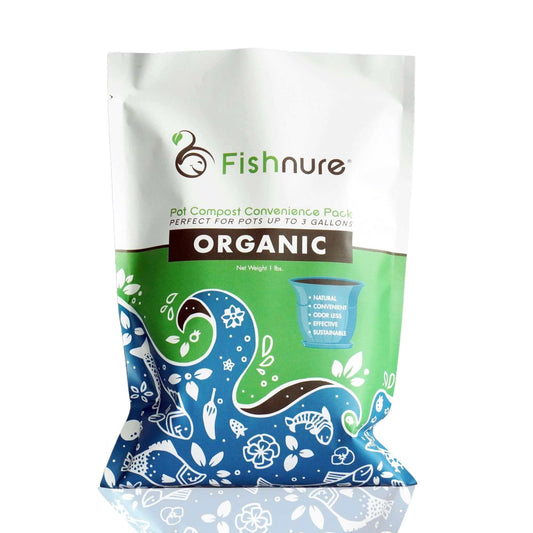
Cultivating Nutrient-Rich Bounty: A Beginner's Guide to Growing Organic Vegetables in Your Garden
Share

As a scientific farmer, I'm thrilled to share with you the secrets of cultivating nutrient-rich organic vegetables right in your own backyard. In this comprehensive guide, we'll explore the simple yet effective techniques that will help you harness the power of nature to grow vibrant, healthy produce without the need for synthetic chemicals or additives. So roll up your sleeves, grab your gardening gloves, and let's get started on this green-fingered adventure!
1. Start with Healthy Soil:
The foundation of any successful organic garden lies in the soil. Before you start planting, take the time to enrich your soil with organic matter to provide a fertile environment for your vegetables to thrive. Begin by incorporating compost into your soil, which is a rich source of essential nutrients and beneficial microorganisms. You can also add organic fertilizers such as fish manure or well-aged animal manure to further boost soil fertility and structure.

2. Choose the Right Vegetables:
When selecting vegetables to grow in your organic garden, opt for varieties that are well-suited to your local climate and soil conditions. Consider factors such as sunlight, temperature, and water requirements to ensure optimal growing conditions for your crops. Additionally, prioritize heirloom and open-pollinated varieties, which tend to be more resilient and flavorful than their hybrid counterparts.

3. Plan Your Garden Layout:
Before planting your vegetables, take some time to plan out your garden layout to maximize space and sunlight. Consider factors such as crop rotation, companion planting, and vertical gardening techniques to optimize yields and minimize pest and disease pressure. By strategically arranging your plants, you can create a balanced and biodiverse ecosystem that supports healthy growth and natural pest control.

4. Practice Water-Wise Gardening:
Water is essential for plant growth, but it's important to use it wisely, especially in organic gardening. Opt for drip irrigation or soaker hoses to deliver water directly to the roots of your plants, minimizing water waste and reducing the risk of disease. Additionally, mulch your garden beds with organic materials such as straw or shredded leaves to help retain moisture and suppress weeds, further conserving water and promoting soil health.
5. Embrace Natural Pest Control:
In organic gardening, pest management is all about prevention and balance. Encourage natural predators such as ladybugs, lacewings, and beneficial nematodes to keep pest populations in check, and plant companion flowers and herbs such as marigolds, basil, and dill to repel common garden pests. If necessary, use organic pest control methods such as insecticidal soaps or neem oil sprays to target specific pests while minimizing harm to beneficial insects and wildlife.
6. Harvest and Enjoy:
Once your vegetables are ready for harvest, savor the fruits of your labor and enjoy the bountiful flavors of your organic garden. Harvest your vegetables at their peak of ripeness for the best flavor and nutritional value, and don't be afraid to get creative in the kitchen with delicious recipes that showcase your homegrown produce. By growing your own organic vegetables, you not only reap the rewards of fresh, wholesome food but also contribute to a healthier and more sustainable food system for yourself and future generations to enjoy.

In conclusion, growing organic vegetables in your garden is a rewarding and fulfilling endeavor that allows you to reconnect with nature, promote biodiversity, and nourish your body and soul. By following these simple yet effective techniques, you can cultivate a thriving organic garden that yields an abundance of nutrient-rich produce while minimizing environmental impact and maximizing sustainability. So roll up your sleeves, dig in the dirt, and join me on this delicious journey towards a greener, healthier future. Happy gardening!



